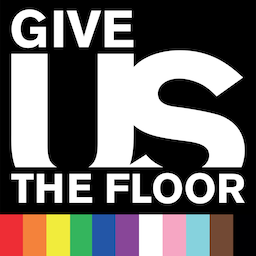
Abusive Relationships
Dating violence is a serious issue that affects many teens today. “According to data from the Centers for Disease Control (CDC) approximately 10% of high school students have reported physical and sexual victimization from a dating partner in the past 12 months. Girls and young women between the ages of 16 and 24 are the most susceptible to dating violence—about triple the national average. According to a survey by the CDC, 23% of females and 14% of males who experienced abuse by an intimate partner first experienced it between the ages of 11 and 17. Sadly, many victims fear reporting the abuse, so the number of incidents is likely much higher.”
Dating violence can look like controlling behavior, manipulation, yelling, mean insults, physical abuse, or sexual assault. Many victims of dating violence report that the behavior starts slowly, almost unnoticeably.
Oftentimes abusive relationships start with love bombing. The abuser is very romantic and eager to accelerate intimacy. This behavior is so doting and loving the abuse that follows seems out of nowhere, what the abuser was doing was establishing trust so they could later exploit that trust.
Tanisha Bagley, a survivor of an abusive relationship that began when she was 15, put together 10 essential questions for young people to ask themselves to determine if they are in an abusive relationship:
Does your partner isolate you from your family and friends?
Does your partner make you feel as if everything is your fault?
Does your partner physically, verbally, sexually, emotionally, mentally and/or financially abuse you?
Does your partner control where you go?
Does your partner control what you say?
Does your partner control what you wear?
Does your partner threaten you in any way?
Does your partner force you to do things you don't want to do?
Does your partner make you cry more than smile?
Does your partner argue with you all of the time?
If the answer to any of these questions is yes, you may be in an unhealthy relationship. According to Tanisha, “A healthy relationship is being in any type of relationship that allows you to always be who you are and not change who you are because of someone else.” She recommends trusting your instincts and not blaming yourself for another person’s decisions. She adds, "There should be a feeling of love and equality in a healthy relationship. Love does not hurt. A relationship should consist of patience, kindness and understanding." - Psychology Today
Staying in an abusive relationship can endanger your life. It’s important that you tell a trusted adult what’s happening. If you don’t feel like you can share with people around you, consider reaching out to the National Domestic Abuse Hotline, where you can safely chat with a person who can help you.
Above all, remember that you deserve to be in a relationship with someone who treats you well, always. You may feel trapped, isolated, and like you have nowhere to go, but these are things your abuser wants you to believe so you’ll stay with them. Please get support and take good care of yourself!
Members of Give Us The Floor made a video about abusive relationships, where they discussed their experiences with abusive relationships, from partners to parents to abusive friendships. It’s important to know that if you are experiencing dating violence, you are not alone. 1 in 3 teens experiences relationship abuse.


